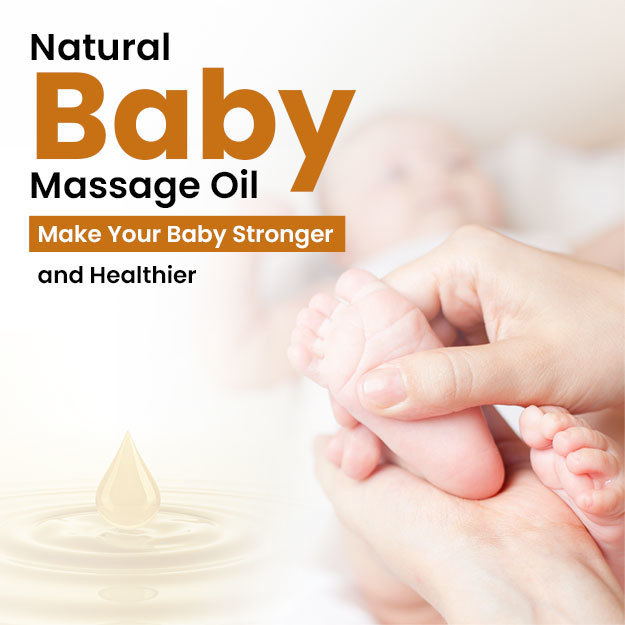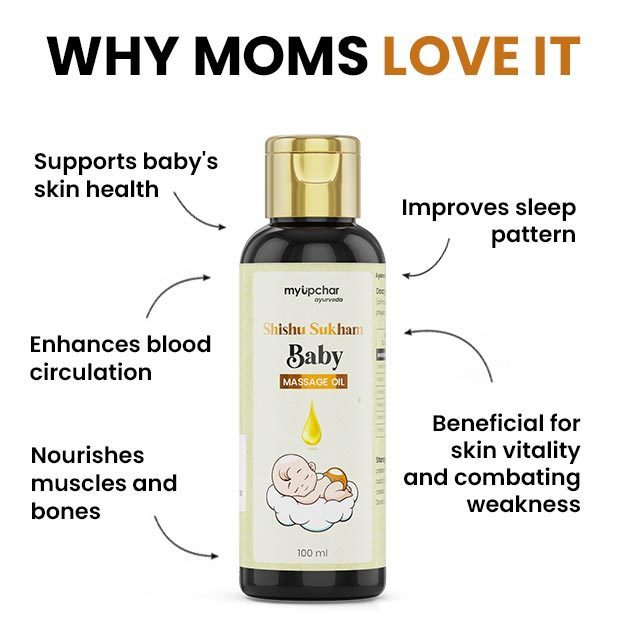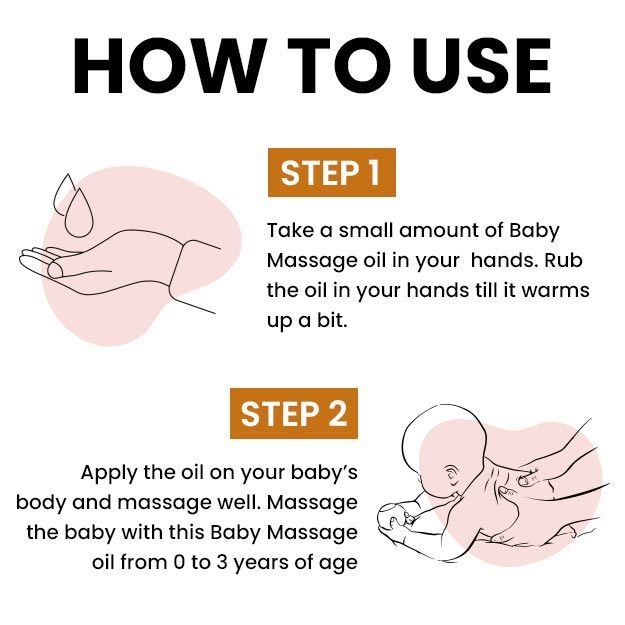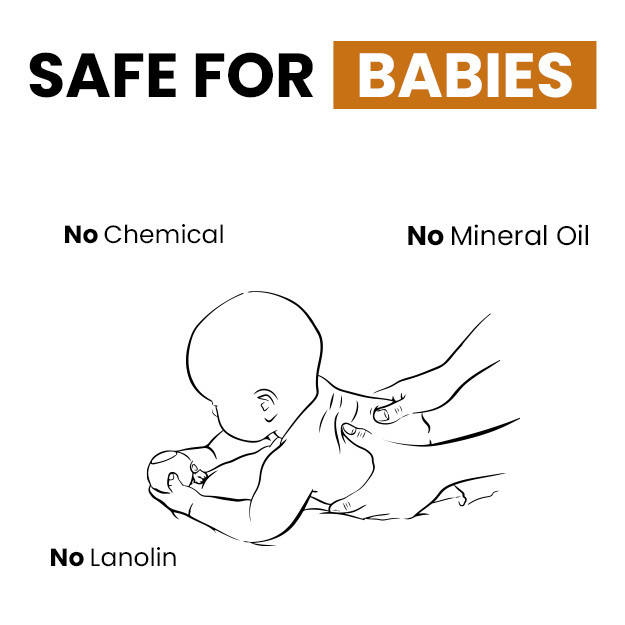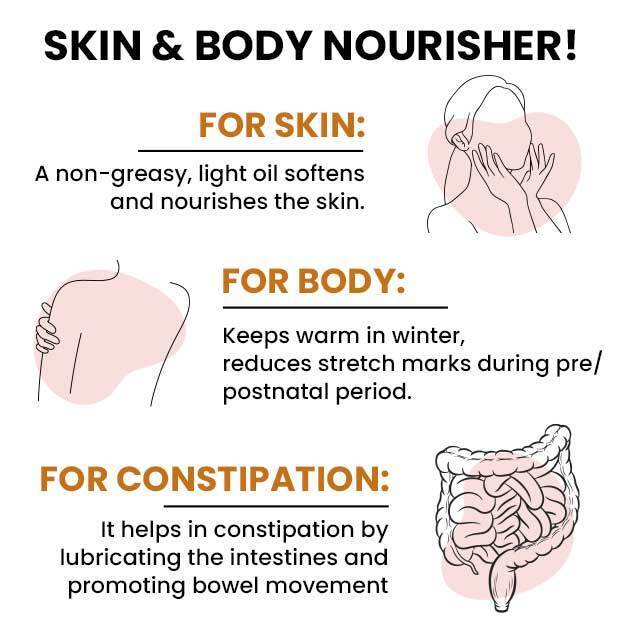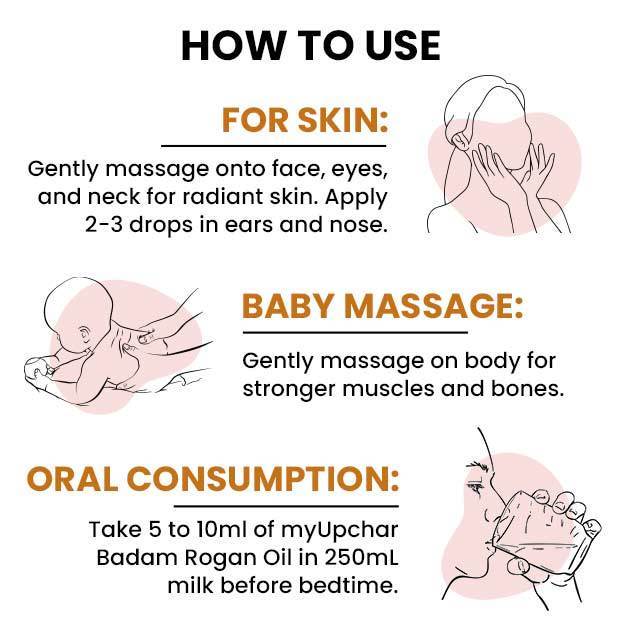While most major transitions in a newborn are noted during the fourth and sixth months, the baby is still undergoing major changes both physically as well as cognitively in the interim. If the initial months were about getting the grasp of voicing his or her thoughts in an undecipherable manner, moving about to gain your attention and giggling away, the fifth month is all about the baby gaining confidence.
Further vaccinations have to wait until the sixth month, so the fifth is about watching the baby become more aware of their surroundings, begin to recognise things, follow objects and people from one direction to another, repeat their own words, begin to sit up on their own, and, rather touchingly, begin to recognize their own name being called out.
While each baby will have their own pace of growth and conditioning, some of these patterns can be a good indicator for the doting parents. Intelligible markers begin showing up: the baby will begin identifying colours and names, hold onto things with more control and roll over by themself.
Major milestones include the child being able to sit up for longer durations on their own and be able to sleep through the night without the necessity to be fed, much to the joy (and relief) of the parents. Cognitive growth is more visible through the baby’s improved ability to identify routines like playtime and recognise songs that you sing to him or her.
The fifth month, as a result, is a period of discovery, not only for parents but for the baby as well.
- Developments in your five-month old baby
- Feeding your five month old baby
- Sleeping patterns of a five month old baby
- Safety precautions for a five month old baby
- Taking care of yourself with a five-month old baby
Developments in your five-month old baby
The initial months might have been all about sleepless nights, but this is when you move towards a more regulated schedule with your baby getting another month older and beginning to follow a routine that you are more accustomed to. The developments are more visible to the parents, but that also comes with the added responsibility of being more careful as the baby begins to move about more than earlier. Some of the key markers for your child’s development could be as follows:
Your baby’s weight at five months
The baby will have doubled the body weight from the time he or she was born by now, although not everyone will be experiencing the growth rates to be the same. The weight of the baby overall remains a good indicator that he or she is getting the requisite nutrition from breastmilk, and because of that, an additional dose of vitamin D supplements for the mother can boost the baby’s overall nutrition levels.
Emotional and social reactions
A baby’s accelerated development at this stage sees them react more spontaneously to your actions and words. There could be bursts of giggling or laughter, smiling or other facial reactions in response to your expressions and affection or that of any pets you may have.
Improved motor skills
Your baby’s physical development becomes more visible as he or she begins clutching onto things and examining them, even though they don’t yet have enough strength developed to hold things for too long. Being able to sit up, roll over, hold up their body while laying on the tummy or even lift both their arms and legs at the same time are good indicators of physical growth. They might even begin to build or apply a bit of resistance if you try to take something away from the baby’s grasp.
Your baby begins to sit up, unsupported
Although not a compulsory achievement at the five-month mark, babies do begin to gain enough strength to be able to sit up for short periods of time. The ‘tripod’ (placing a hand on the floor to maintain balance) is the baby’s way to stabilize itself while sitting up, and additional support with pillows can help them stay in the position for longer. Tummy time can become interesting: the baby is able to move around while laying on the stomach. This also helps develop neck and shoulder muscles as the baby continues to push themself up or move about by using their hands, rolling back to front. If you haven’t yet done it, now is the time to child-proof your home almost entirely, and be watchful of your baby’s movements.
Your baby’s developed vision at five months
Your baby hasn’t developed a 20/20 vision yet but begins to show an increased ability to recognise colours and discern patterns and textures of toys and clothes, along with being able to identify distance by understanding whether objects are closer or farther away. More visual cues include the baby’s ability to identify when you come closer or walk away or out of the room, as they respond to those movements with reactions like crying when you begin to walk away.
Improved cognitive function
Your baby’s senses are building up at five months old, and they can make out when you are talking to them. Your playful gestures or attempts at singing will be met with infectious giggles, or you setting the baby down will be met with disapproval like crying. Their responses could also be physical; a gentle tap on your face when you hold the baby close to you will make your heart fill up. The baby at this age is constantly picking up visual and oral cues, and it is a good idea to keep singing nursery rhymes in front of them as they can move along to their tune and rhythms. Playing music during the day is also a great way of keeping them engaged as they can pick up on the tunes and move to the beats.
Combined developments
Increased hand-eye coordination means there will be a constant threat of accidents with things lying around the house, as he or she will try to pick them up and put them in the mouth. The mouth and tongue remain the most sensory part of their bodies at this time, which means it is a good idea to give the toys for washing from time to time. Kicking and other body movements become more apparent and regular, which means they are at a greater risk of falling down and injuring themselves. It is a good idea to sit them down at lower heights, especially during the day. Small words like ‘dada’, ‘mama’ or ‘gaga’ become a constant, but that doesn't mean the baby has begun assigning names to people; they are just inquisitive sounds.
Feeding your five month old baby
Breastmilk remains the main source of nutrition for the baby at five months but soon you will be able to introduce some solid, mashed food. Even though the baby can sleep through the entire night, his or her increased rate of activity also means craving more food, which is expressed not only by crying anymore but through gestures and sounds. They also express more interest in wanting to eat what you are eating but refrain from giving them a taste yet.
Sleeping patterns of a five month old baby
Your baby has started appreciating one of the finer things in life by now which most adults only crave: sleep. A five-month-old can sleep through the night without the need to wake up to be fed. They will also be tired by the constant activity during the day and need more naps in the afternoon. They become more and more independent with respect to sleep, although they will notice your sleep patterns; it might be a good idea for the parents to develop a more consistent sleeping schedule themselves.
Safety precautions for a five month old baby
The baby at five months is quite a handful with constant movements, blabbering of undecipherable words and increased awareness of their surroundings. As there are no vaccinations required at the five-month interval, it is an important time to keep a watchful eye over your baby, without intruding into their space where they can flourish. Even though a doctor’s visit isn’t necessary, you should alert the doctor in the case of an infection or anything irregular you may notice. If you haven’t already, this is the right time to baby-proof your home along with the following precautions:
- Keep a watchful eye on the baby, especially during the day when he or she is active and playful.
- Laptops, phones, cables, chargers and batteries should not be left lying around within reach of the baby.
- The baby is going to be wanting attention, increasing the need to keep away things you usually have with you; coffee mugs or plates and bowls must be kept aside before attending to them.
- If you have pets at home, it is a must to keep their bowls of water or food away from the reach of your baby. The baby is extremely inquisitive at this stage, and any item within its reach might be ‘inspected’.
- Your baby is playful around this time, and keeping their toys clean is a good practice. Do not leave smaller things like coins or rings within the baby’s reach around this time.
- Take extra care when putting your baby to sleep. At no stage should you lay the baby down to sleep on their stomach and only on the back.
- Keep the bathroom doors closed as soaps, detergents and other disinfectants should never be within reach. Toilet seats must be shut down as they can fall on a child’s hands.
- Delicate or breakable items must also be kept out of reach of babies, especially items made of glass.
- Any sign of a fever or a cold is an indicator of the baby’s immune system working. You must look out for physical symptoms of anything irregular and tell your doctor about them.
Taking care of yourself with a five-month old baby
As your baby continues to grow, you begin to fall back into a more regular schedule and appreciate that you can sleep for longer hours as the baby begins to sleep through the night. The work, however, is far from over for parents. Raising a baby is a full-time job, and even with both parents contributing it can be difficult to find time to think about their own health.
- Working mothers may be looking to get back to their old schedule - or some may have already. Finding the right person to provide care while you’re away is a difficult task, especially with respect to building trust, and believing in their skills. Communicating clearly with external help is key to the development of the baby.
- The baby is still reliant on breastmilk for his or her nutrition. Hence, it is imperative for the mother to be consuming nutrient-rich foods throughout this period to ensure the baby is hitting all the developmental targets and building a strong immune system in the process.
- Consuming alcohol, smoking and even excessive caffeine is harmful to the baby, so stay away from such habits.
- Spouses, parents, other relatives and friends can be used as a support group for the raising of your baby, as well as splitting the workload so that you do not end up exhausting yourself.
- Ensure you spend enough time playing with the baby during the course of the day, as it is the most important stage of development. It is around this time that the baby begins to develop their emotions towards the parents and to recognize affection, which they return in abundance. Make sure to be there for it.
Doctors for Baby development five months after birth

Dr. Anil Pathak
Pediatrics
42 Years of Experience

Dr. Pritesh Mogal
Pediatrics
8 Years of Experience
Dr Shivraj Singh
Pediatrics
13 Years of Experience

Dr. Varshil Shah
Pediatrics
7 Years of Experience
References
- Winston R, Chicot R. The importance of early bonding on the long-term mental health and resilience of children. London J Prim Care (Abingdon). 2016 Feb; 8(1): 12–14. PMID: 28250823
- Tham, EKH et al. Infant sleep and its relation with cognition and growth: a narrative review. Nat Sci Sleep. 2017 May; 9: 135–149. PMID: 28553151.
- Healthy WA [Internet]. Department of Health, Government of Western Australia. Perth, Australia. Child development 3–6 months
- Sigmundsson H, et al. Exploring Task-Specific Independent Standing in 3- to 5-Month-Old Infants.. Front Psychol. 2017 Apr; 8: 657. PMID: 28503161.
- Pregnancy, Childbirth, Postpartum and Newborn Care: A Guide for Essential Practice. 3rd edition. BREASTFEEDING, CARE, PREVENTIVE MEASURES AND TREATMENT FOR THE NEWBORN. Geneva: World Health Organization; 2015.
- Javadifar, Nahid et al. Journey to Motherhood in the First Year After Child Birth. J Family Reprod Health. 2016 Sep; 10(3): 146-153. PMID: 28101116.






